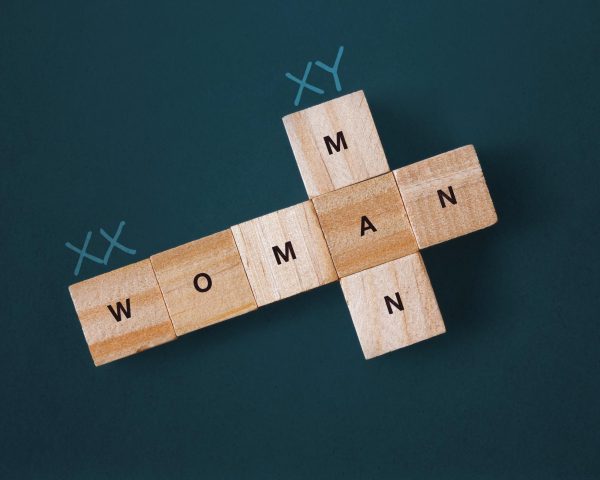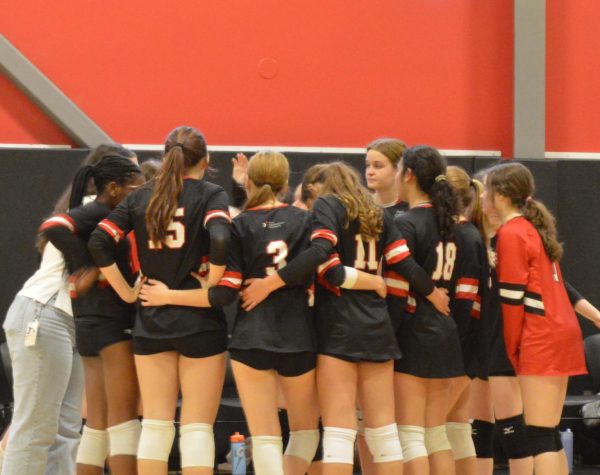Do Confederate Statues Deserve to Stand?
To build a statue in someone’s honor, and place it in a public setting, often shows that the individual earned it and deserves to be remembered amongst everyone that walks past, right? The statue should represent someone that is as close to a ‘hero’ as we can possibly get, right? In the United States there are still upwards of eight hundred monuments dedicated to the Confederacy, often depicting a leader or soldier. Spread over thirty-one states and the District of Columbia, statues can be found in buildings, parks, and even schools.
Despite the countless attempts to destroy these statues, many Southerners have pushed back on these notions claiming that it is disrespectful. They argue that such monuments are essential to keeping the history of our nation alive, implying that if they are removed people will eventually forget about slavery as a whole, thus glossing over the flawed portions of our nation’s history. John Daniel Davis, who is a political editor at The Federalist, stated, “They were wrong about slavery does not excuse us today from the burden of trying to understand what motivated them to fight—and what motivated them and their families to undertake a flurry of monument-building decades later as the surviving veterans began to die off … A more mature society would recognize that the past is always with you and must always be kept in mind. There’s a reason Christians in Rome didn’t topple all the pagan statues and buildings in the city, or raze the Colosseum.” Davis defends the Confederate soldiers by empathizing with them. He explains to the readers that the reason these soldiers and their families took to building the statues was simply because they were heart-broken that so many were lost in the war, and the ones remaining were dying off as well. He then finishes his argument by saying that we must recognize that the past will always be with us – which to him would be in the form of physical monuments – and compares Americans’ reactions to Confederate statues to that of Christians reactions to the Romans which he describes as much calmer and more accepting. Additionally, many defendants believe that these monuments do no harm because they are not the direct cause of hate or racism.
On the other hand, many people firmly believe that the right thing to do is to take Confederate monuments down, arguing that keeping them up glorifies the terrible experiences of slavery. In our society, having a statue dedicated to you is considered an honor. It means you were important and loved enough to warrant being remembered publicly. For this reason it would make more sense to create statues of black people who were actually forced into slavery and endured racism over many centuries. By focusing on the “villains” it draws attention to them instead of celebrating and thanking those who survived the hardships first-hand. This does nothing to help the cause of racism; instead it sends the message that one can be so full of hate and bad intentions and yet still be revered by society. This pattern of continually focusing on the white people instead of black people, as well as other people of color, is present in our everyday lives, whether we notice it or not, and it will not stop unless we make a conscious effort. As for the fact that statues don’t directly cause hate towards black people – that is correct, but it definitely strengthens it. For example, when a child grows up in an already racist household they are being taught hate from a young age and are more than likely to fall into that trap. By passing a monument of a Confederate soldier it will only validate their thought process further instead of showing them a different perspective.
While taking down Confederate monuments, memorials, and statues will not eliminate racism, it is an obvious step in the right direction. On top of that the Smithsonian Magazine reported that taxpayers have spent at least forty million dollars to create and maintain these statues, and that is a large amount of taxpayer money.
Zeyna is a sophomore at BASIS Independent Brooklyn. She enjoys baking, having fun with friends, and running in her free time. She also has been dancing...











